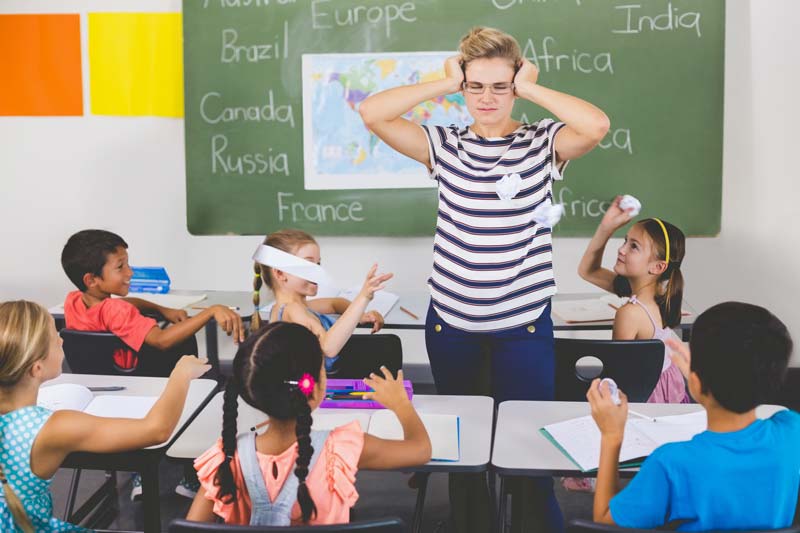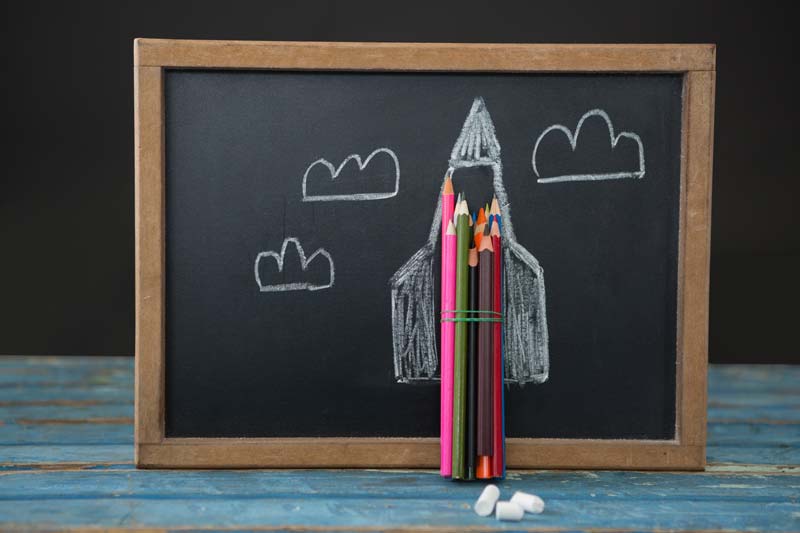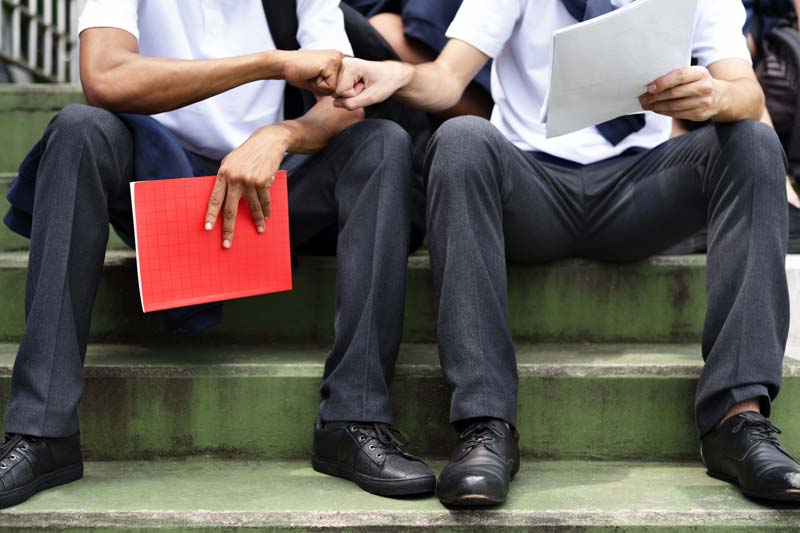MANAGING YOUR EMOTONAL ENERGY FOR GREATER RESILIENCE AND WELLBEING
We are living in one of the most complex and demanding times that society has ever known.
- Growing emphasis on grades, test results, and performance
- Little time for pupils to develop the necessary skills to become resilient, ethical, motivated learners
- For teachers the increasing pressures are leading to toxic stress and burnout
For teaching-staff often working in under‐funded, under‐staffed settings, facing additional budget cuts, no wonder many are suffering from toxic stress and burnout. In the midst of this, you aspire to respond to your students with care and sensitivity, and to communicate clearly and effectively with colleagues and parents. Given these stresses, it is essential that you learn to care for yourself. In fact, learning to balance the emotional demands of teaching with other professional and personal pressures is central to the teacher’s art, and vital to the profession. Data from other caring professions (and teaching is definitely a caring profession with all its attendant joys and challenges) shows that mindfulness training decreases burnout and compassion fatigue and increases empathy and effective communication.


Practicing mindfulness can help teachers to recognise emotional patterns and proactively regulate how they behave, responding in the way they want to rather than reacting automatically. It can also help teachers to savour the positive moments in their job—when they feel the joy of true connection with their students or resonate with the joy and excitement their students feel when learning clicks for them.
According to youngminds.org.uk
- 850,000 children aged 5-16 have mental health problems
- Three children in every classroom have a diagnosable mental health disorder
- Childhood and teenage years are when mental health is developed and patterns are set for the future. So a child with good mental health is much more likely to have good mental health as an adult, and to be able to take on adult responsibilities and fulfil their potential.
“Aideen offered a fantastic workshop at Raynes Park High School on Mindfulness. Aideen was really on the students level and the students really enjoyed their introduction to mindfulness. Highly engaging and interactive workshops that benefitted all, including staff!”
Sarah Audley
Raynes Park School, London
Our courses are designed to provide participants with both the practical tools they need to create a more balanced and fulfilling life and ultimately supporting a happier and healthier lifestyle. After all, success is measured over the course of a lifetime, not at the end of a term.
Mindfulness in the classroom:
- Reduces behaviour problems & aggression
- Improves students’ happiness levels and ability to pay attention.
There’s scientific evidence that teachers trained in mindfulness show:
- Lower blood pressure
- Less negative emotion & symptoms of depression
- Greater compassion and empathy

Areas covered include:
- Stress management and relaxation
Emotional literacy – managing moods, stress, and anxiety
Developing resilience, confidence and self esteem
Improving focus and concentration
Improving well-being & tapping into feelings of happiness

Using the Smart Young Minds framework (praised by teachers, counsellors, parents, coaches and social workers of every discipline), within our Mindfully Happy Schools Programme, we introduce participants to mindfulness, relaxation and creative visualisation techniques to help them to reframe and refocus their thinking and enhance their resilience and wellbeing.
Courses can be tailored to specific needs, including:
- Introduction to mindfulness workshops for staff, e.g. Inset day training
- S.M.A.R.T. (Stress Management And Relaxation Techniques) mindfulness and meditation weekly programme for staff or parents
- S.M.A.R.T. Young Minds Mindfulness, Resilience & Wellbeing programme, tailored to pupils relevant key stage level
Practicing mindfulness can help teachers to recognise emotional patterns and proactively regulate how they behave, responding in the way they want to rather than reacting automatically. It can also help teachers to savour the positive moments in their job—when they feel the joy of true connection with their students or resonate with the joy and excitement their students feel when learning clicks for them.

